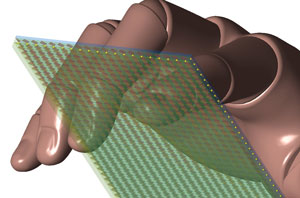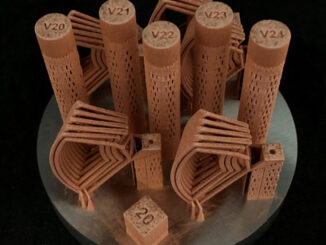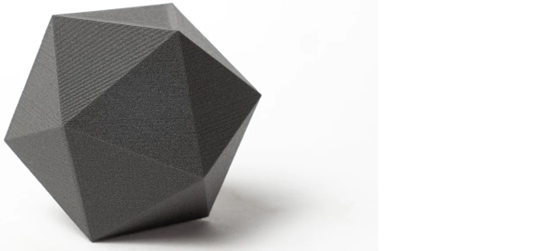
With advanced materials like Proto-Pasta iron-filled filament for 3D printing, the possibilities of additive manufacturing for functional parts having magnetic properties may be catching up. Traditionally, subtractive technologies like CNC milling have been the dominant solution for industrial manufacturers and for making prototypes while additive manufacturing that involves magnetic materials has remained largely in the realm of hobbyists.
They are still the typical customer type and primary market focus of Protoplant in Vancouver, Washington but functional applications of its carbon fiber high-temperature PLA have expanded. PLA is the short term for polylactic acid, a thermoplastic monomer derived from renewable, organic sources such as corn starch or sugar cane. PLA composite is a combination of PLA with natural fibers by compression molding, extrusion, injection molding, filament winding and other methods.
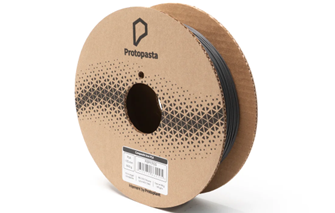
Proto-Pasta Magnetic Iron PLA is metal-filled carbon fiber that is ferromagnetic and behaves like metal. It responds to magnets and behaves similarly to pure iron. Encapsulated in plastic, the iron maintains a stable matte, cast metal finish as printed, but can be rusted when desired. It has a weighted feel being 1.5x the density of standard PLA. It attracts magnets, neodymium type recommended for strongest attraction. Induction at magnetic saturation is rated at about 0.15 Tesla. Relative permeability is between 5 and 8 independent of frequency up to 1 MHz. The filament is slightly more brittle than standard PLA and requires extra care when handling. It is also more abrasive than standard PLA and may require nozzle replacements and first layer adjustments. The rustability feature is popular for making items with a rusty patina giving an artifact appearance.
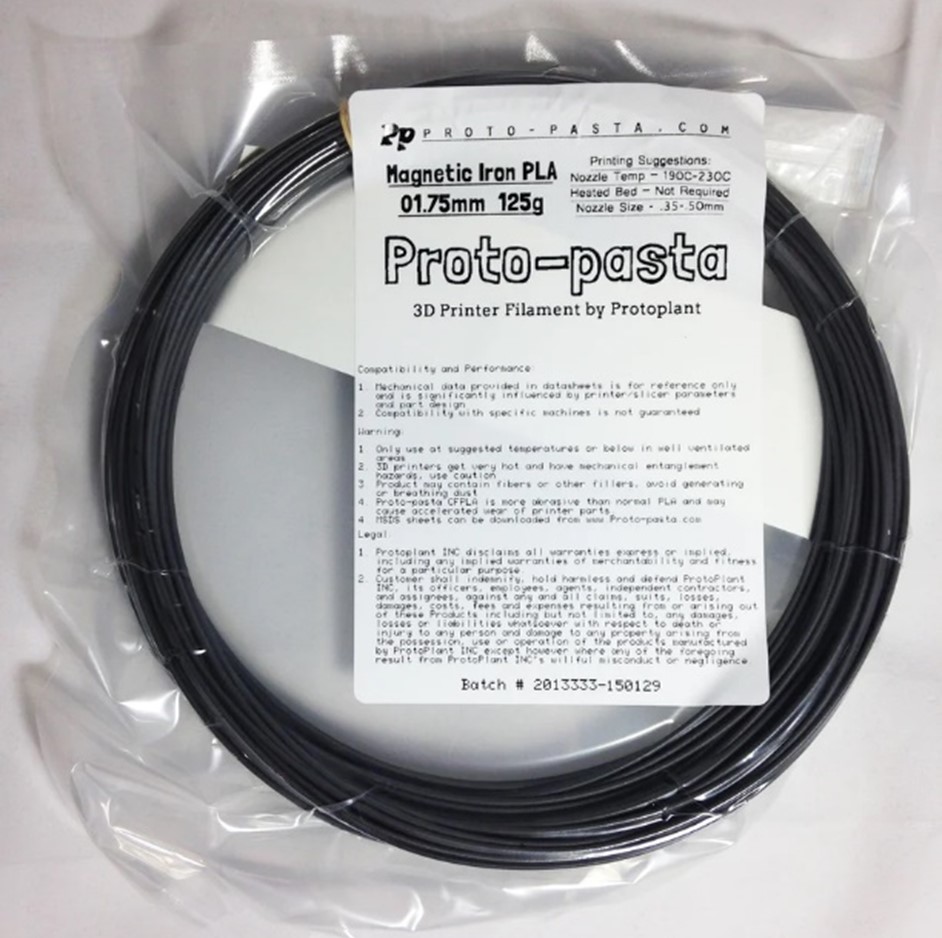
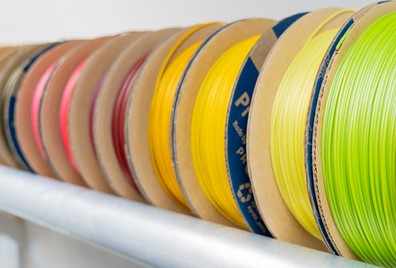
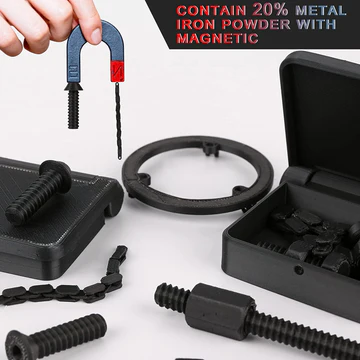
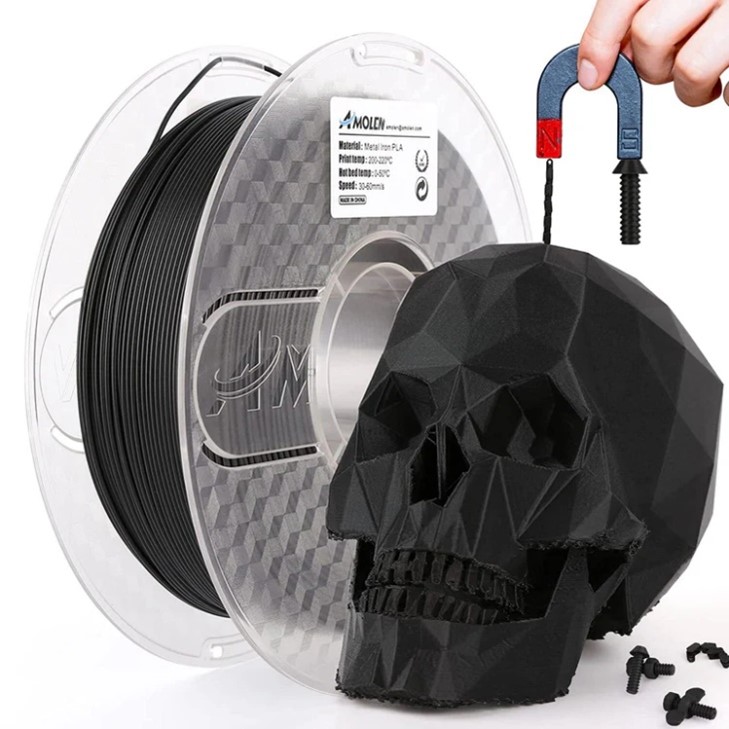
One of only a few makers of magnetic filament for 3D printing, Protopasta was founded in 2013 and specializes in the production of filaments for 3D printing. The company started with a passion for exploring the filament extrusion process and has since grown to a professional and robust operation, offering a range of filaments to meet the needs of makers and 3D printing enthusiasts. See www.proto-plasta.com.

